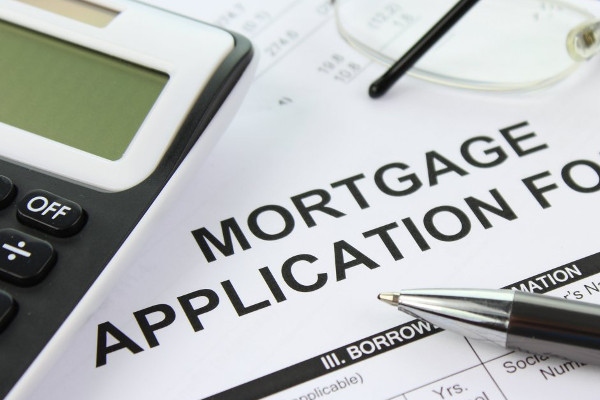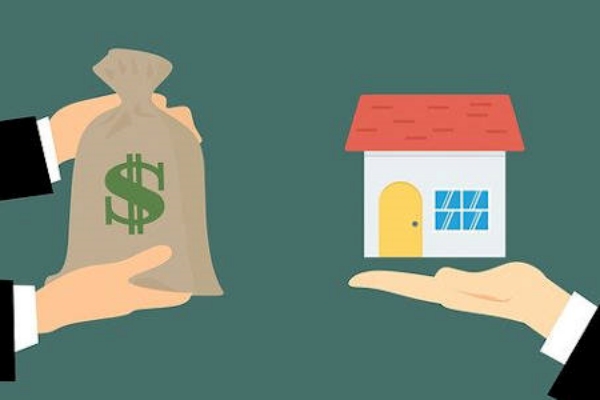Statistics show that around 10% of British citizens own two homes. It’s a dream for many people to have a second home but sadly it’s not the reality for everyone.
There are various costs involved and some important considerations to make before committing yourself to two properties, especially if you require two mortgages to do so.
Buying a second home comes with a few differences when compared to buying your first home. It also comes with a few different requirements.
But, if you have the funds to cover the costs, own a clear credit score and have the ambition to take on a second property, it can really boost your income and work out as a great investment.
Important Considerations For Buying A Second Home
In every important financial decision, there are a few things you need to consider before making a financial commitment. Making an informed and clear decision is highly important when purchasing property as this is typically a lifetime investment.
Here’s a few questions to ask before you contact a mortgage lender or begin your property search.
- Why do you want a second property?
- Can you afford a second mortgage?
- What additional costs are there?
- Will I need to renovate or redecorate?
- Can I afford to furnish a second home?
- What are the tax implications?
- Is there potential growth in the property value?
- Will you be using a webuyanyhouse service to sell another property?
We’ve put together this article on buying a second home to help you answer these questions and make a decision that is right for you.


What Type Of Mortgage Do You Need?
Unless you have money in hand to buy a second house, you’re going to need a mortgage. Therefore, you will need to be sure you can cover the extra monthly costs. Even if you have decided to rent out the property, you cannot solely rely on a rental income to cover your mortgage repayments.
There is also the option of using equity from your first property to purchase a second house. This could cover the deposit, or even a large sum of the property price. Covering at least the deposit on your second house can greatly reduce your mortgage payments.
Typically, you will need to consider the below to determine whether you could qualify for a second mortgage:
- Do you have a deposit?
- Do you have a good credit score?
- Is your income enough to cover two mortgages?
- What is your reason for buying a second house?
What Is The Purpose Of Your Second House?
There are a variety of reasons for buying a second house. It can be a great investment, an offer to help a loved one get into the property market, for business purposes or even a holiday getaway destination!
However, there are a few considerations to make depending on the purpose of your second house.
Business
Buying a second home for the business purposes, and partly residential, means the property will be classified as a mixed-use property.
Mixed use properties have lower stamp duty, but unfortunately this means higher business rates and other taxes.
Holiday Home or Letting
If you’re buying a second house for holidays, or to rent out to holidaymakers then you can get a normal residential mortgage. If you are planning to rent out the property for more than a few weeks a year, then you may need to apply a for a holiday let mortgage.
Renting out a holiday home can come with tax implications, but you if let it out for more than 105 days of the year, you may be able to claim allowances or reliefs.
A furnished holiday home can be classified as a business if let out for more than 210 days a year. This means that you can deduct your expenses from your rental income before paying for tax, even the interest on your mortgage!
If you’re considering the option of Airbnb, you will need to speak to your mortgage lender about the implications of this on your mortgage application. Lenders consider high guest turnover and short-term rentals as risky and most lenders will not offer a mortgage for this type of property. In some cases, you will have to apply for a ‘consent to let’.
Letting the property out to holidaymakers comes with its own risks and considerations. Firstly, the property needs to be appealing and be in a good location. You will be responsible for all the decorating, and any wear and tear. A holiday home should be redecorated at least once a year.
Holidaymakers will also expect all the necessary equipment and that the house is kitted out for their holiday. These are all costs that you need to consider before purchasing a second house for the purpose of holiday letting.
Letting
Letting out a second home is a great way to earn some extra income. In this case you will have to take out a buy-to-let mortgage as you are not allowed to let out a house on an ordinary homebuyer’s mortgage.
With a buy-to-let mortgage you are required to put down 25% of the deposit and your interest rates will be higher than a standard mortgage rate.
Do your research and calculations to make sure the rental income covers the mortgage repayments, or that you are able to cover the remaining portion if not.
Letting a property comes with risks and extra costs. Maintenance and annually safety checks are the landlord’s responsibility, as well as having building insurance. Damages as well as wear and tear can be costly if you are not prepared.
Let-To-Buy
Let-to-buy means that you are letting out the property that you currently own, so that you can have the funds to purchase a new house. This typically happens if you are struggling to sell the house or you are hoping to keep it as an investment.
You also have the option of converting your residential mortgage on your first house to a buy-to-let mortgage. If you don’t want to switch your mortgage, then you need to approach your lender and ask for a ‘consent to let’.
Family
Maybe you’re purchasing a second home for your children or a relative. This would be considered your second residence and stamp duty will be charged.
Flip It
A popular option with investors is to purchase a house that requires renovations and repairs, fix it up, and then resell for a higher price. How good of an investment this can be, depends greatly on the property market at the time.


What Extra Costs Are Involved?
Stamp Duty
Every property purchase is required to pay stamp duty land tax. Stamp duty is determined on the property value and is increased with the property value.
A secondary residence adds an extra 3% surcharge onto the usual stamp duty price. This stamp duty has to paid on properties that are below £125,000, unlike with your first home stamp duty.
Stamp Duty example:
- You purchase a second house at £750,000.
- Stamp duty is paid at 3% on the first £125,000 (£3,750), 5% on the next £125,000 (£6,250), and 8% on the last £500,000 (£40,000).
- This is a total of £50,000 for stamp duty.
Stamp duty is more expensive if you are buying a holiday home or a buy-to-let property. But, if you purchase a ‘moving’ home, like an RV or houseboat, then you won’t need to pay the extra 3% stamp duty surcharge.
Or, if you sell your first house within the first three years of buying your second house, you can qualify for a refund on the surcharge!
Capital Gains Tax (CGT)
Your main residence is not subject to capital gains tax should you choose to sell the property, even if you make a profit from the sale. However, if you decide to sell your second house then you will be liable for capital gains tax.
This is only if the property value has increased since your purchase. The growth in value is taxed and the CGT allowance will reduce the taxable amount. Make sure to consult with a financial advisor to work out exactly how much you will owe.
Income Tax
If you will be renting out your second house, then you will have to declare your rental income and will be subject to income tax. A Self-Assessment Tax Return will need o be filed.
Having a good accountant or financial advisor to help you through these taxes can help you avoid overpaying or missing tax breaks that you are entitled to claim.
Buying a second home clearly comes with added costs and extra responsibilities. However, if the time is right, it can be a great investment towards your future!
Getting into the property market is a dream of many, so if you have the opportunity to do so – grab it!
